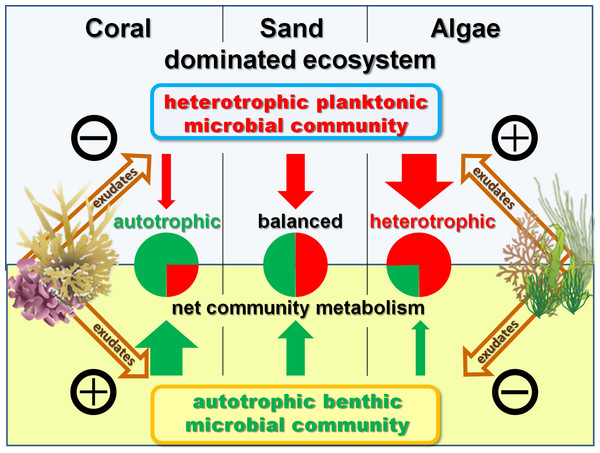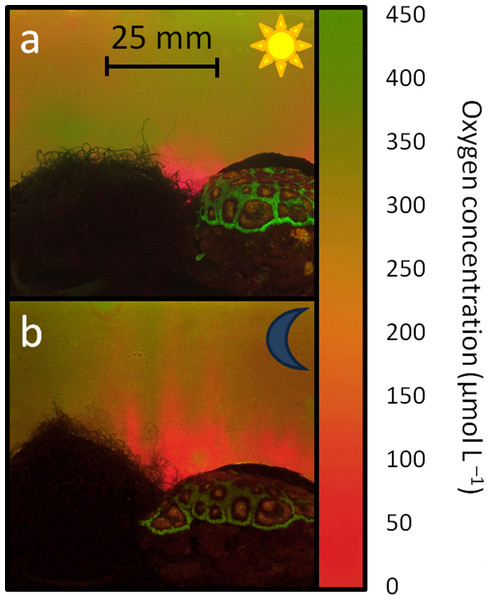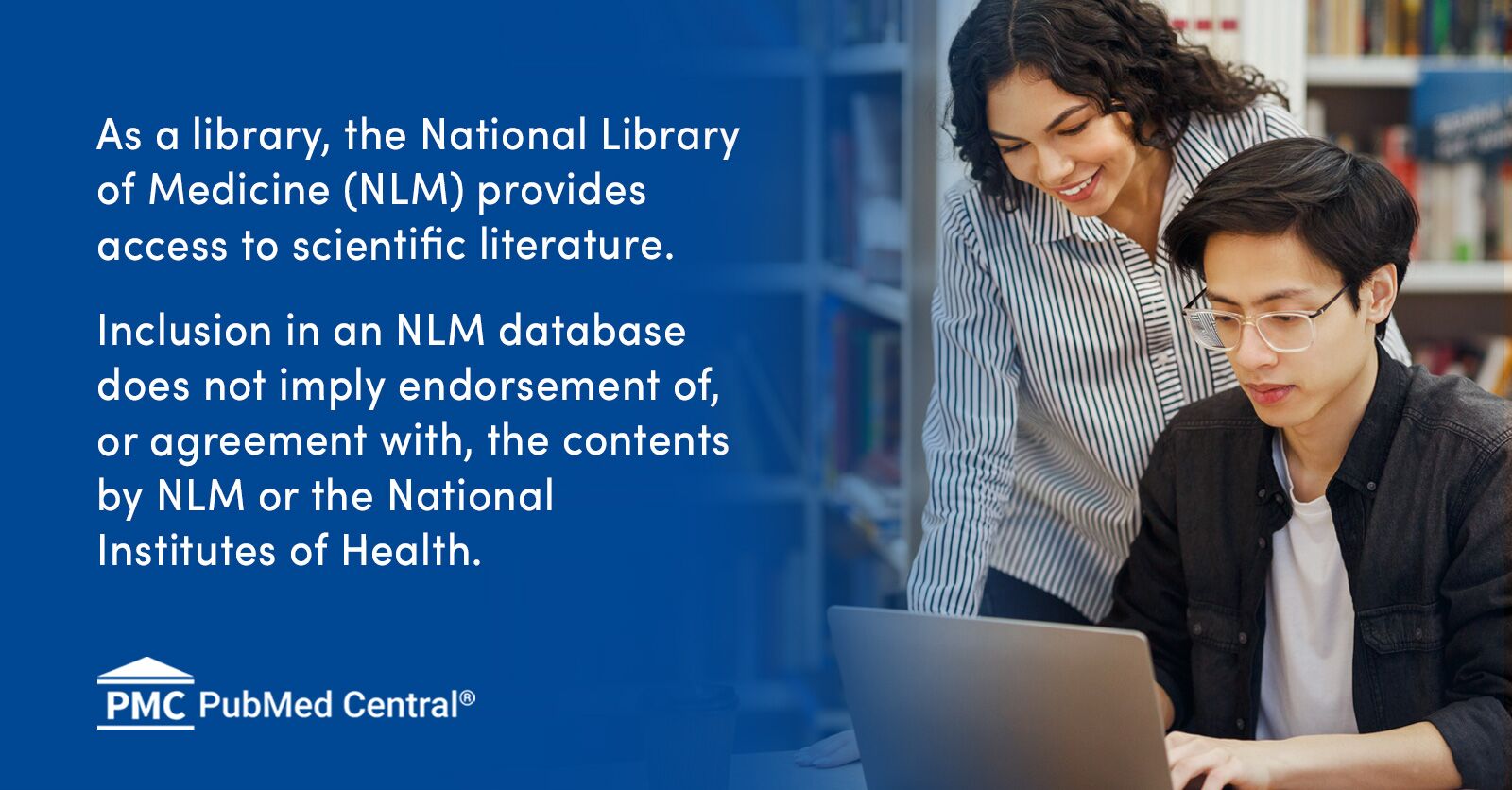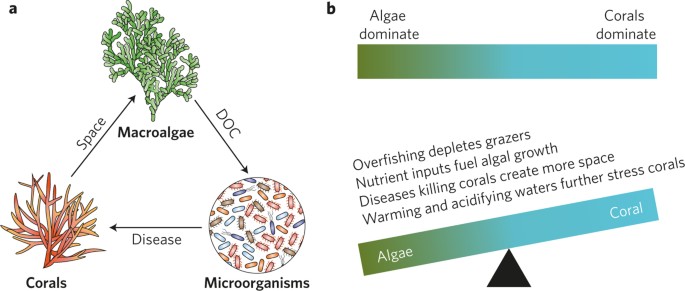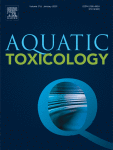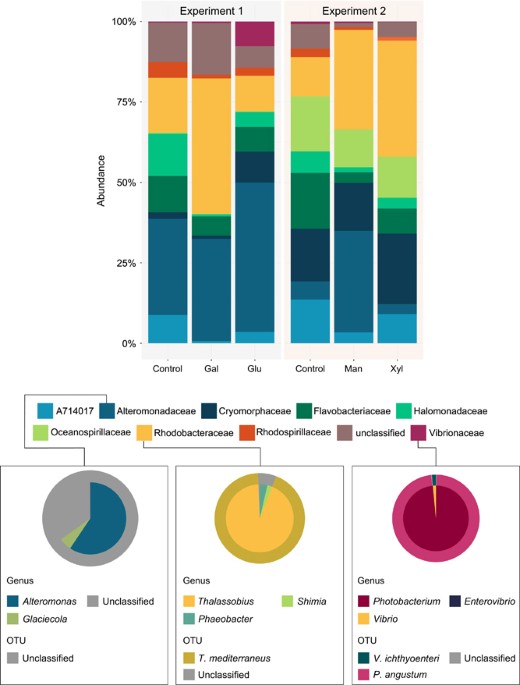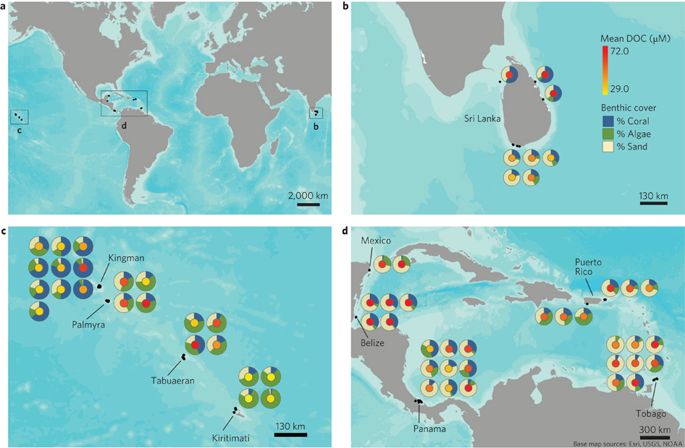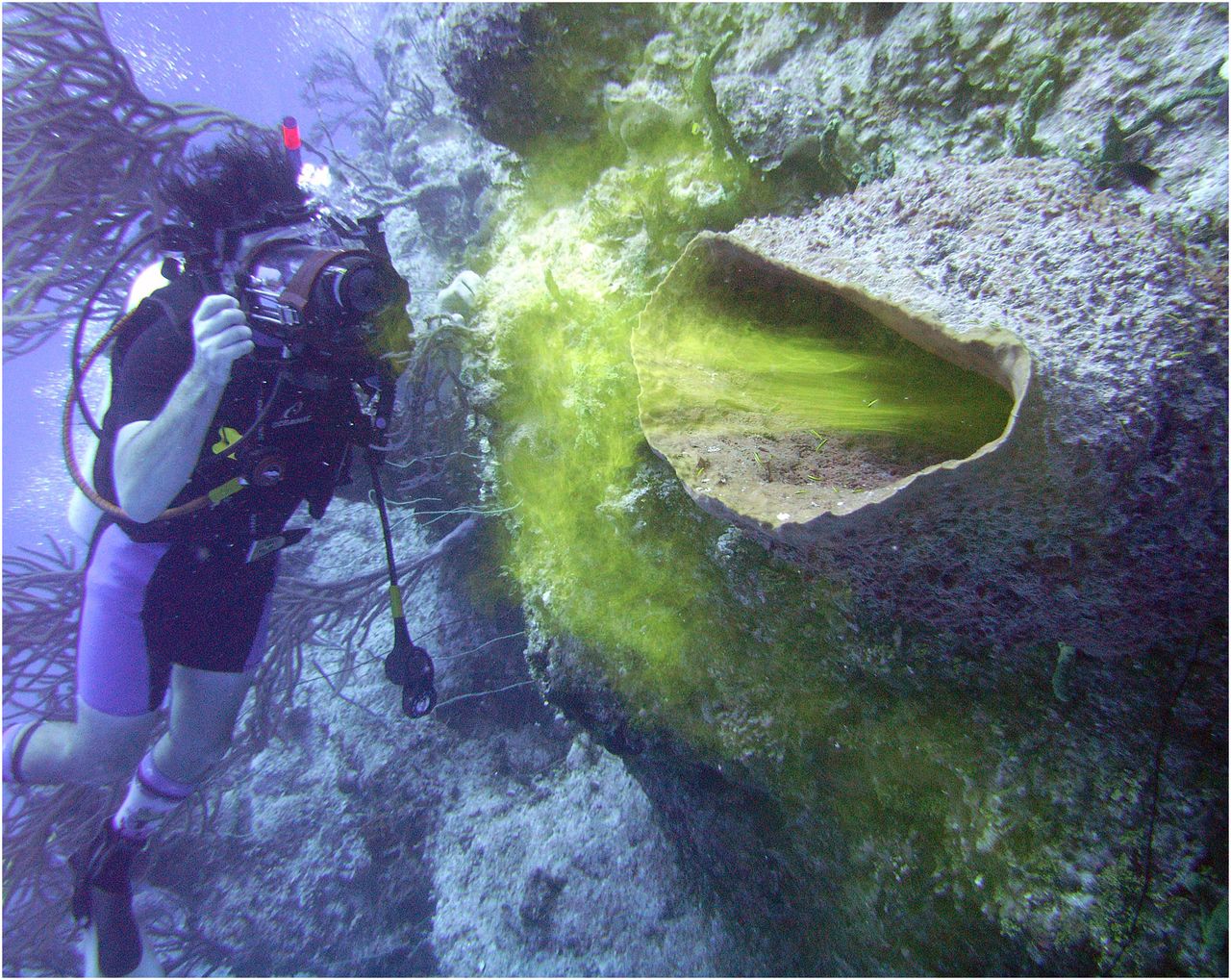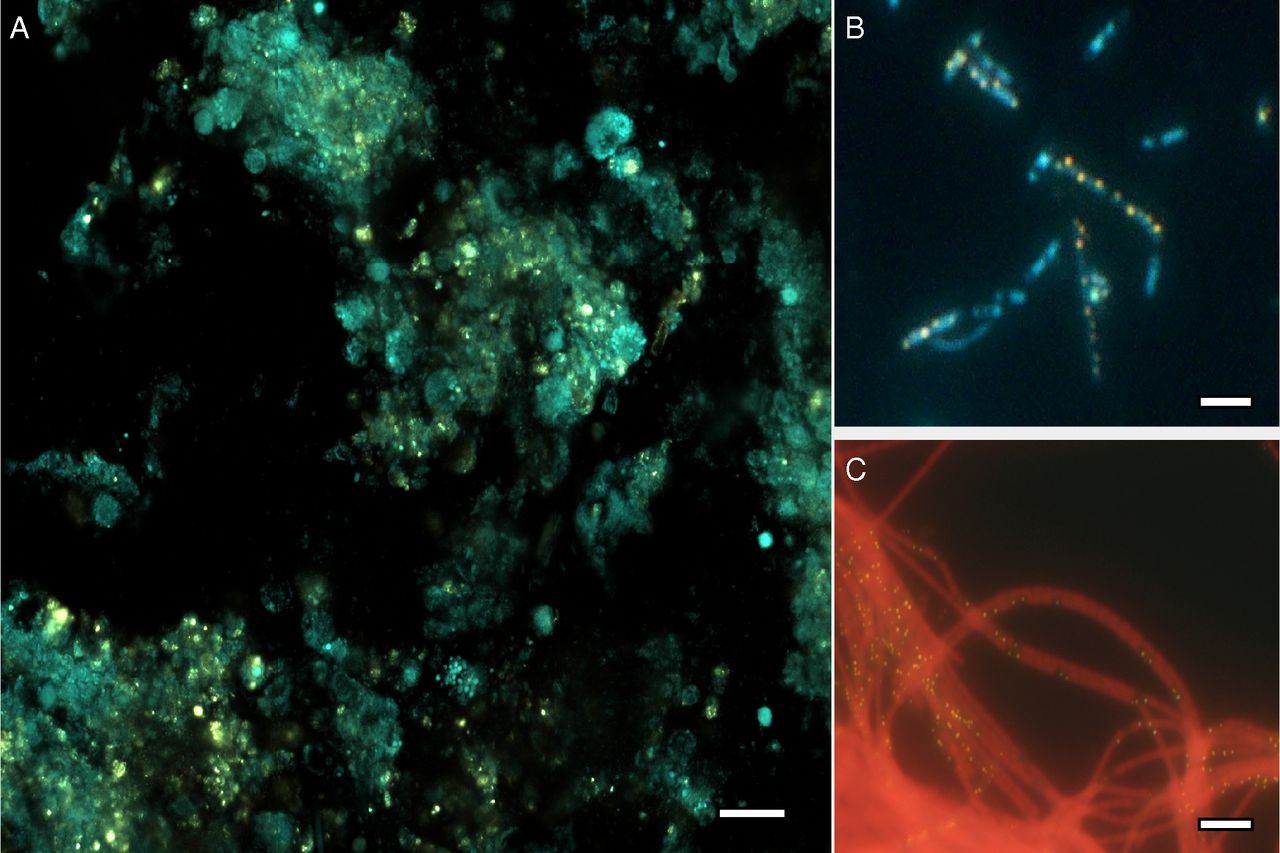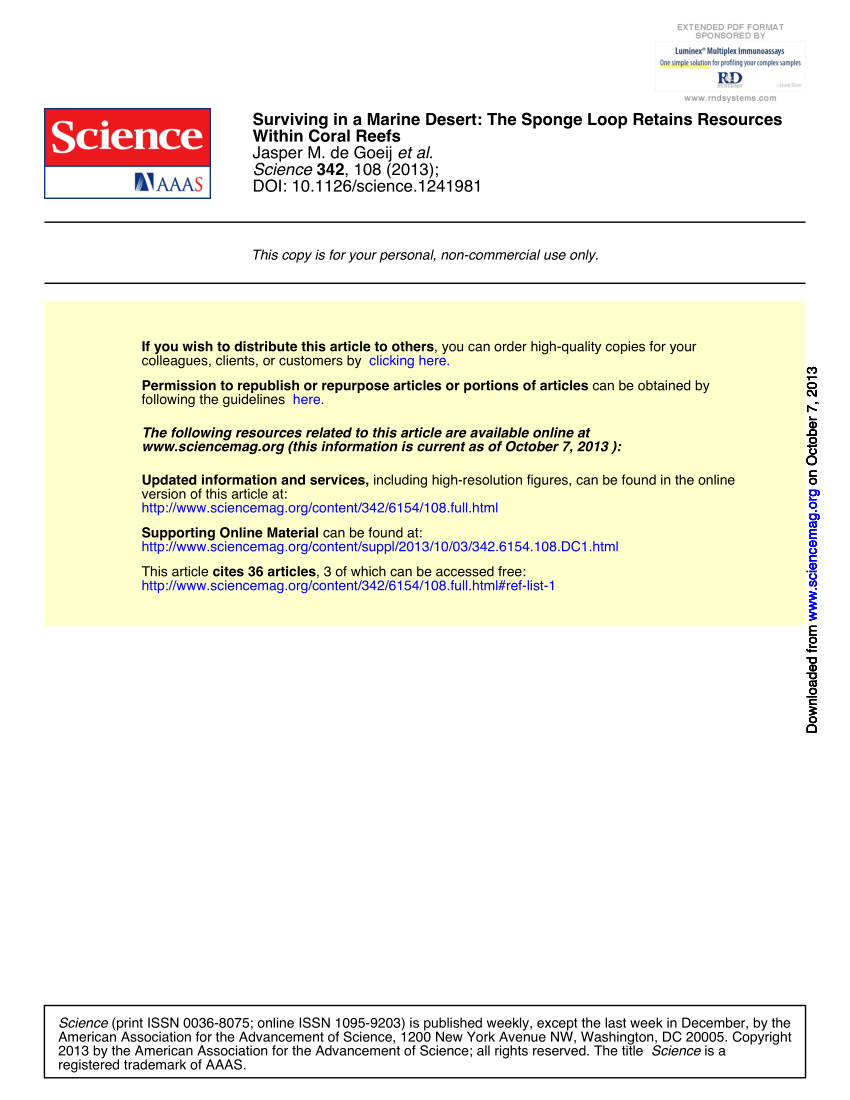Randy Holmes-Farley
Reef Chemist
View Badges
Staff member
Super Moderator
Excellence Award
Expert Contributor
Article Contributor
R2R Research
My Tank Thread
- Joined
- Sep 5, 2014
- Messages
- 67,887
- Reaction score
- 64,313
I'll read the article shortly but my main concern is the actual toxicity of that we don't know actually exists since every tank is different and we won't all keep the same organisms. Nature must process these toxins and I don't believe it's just time which dissipates them considering how long corals have existed. Since ozone and specifically hydroxyl radicals oxidize organics then wouldn't it be logical this would also oxidize these toxins? My mind races back to the fact there are successful keepers performing minimal if any water changes and the only conclusion being their corals don't produce enough to cause concern or somehow they are being naturally resolved. How? No clue but if success is being accomplished by those sticking to the old ways as well as those dosing to replenish without a routine of buckets then it would seem to me that for all change isn't good.
As it stands now. I'm designing my main build with no intention of ever performing a water change and spending time learning all I can then putting it to practice to find a way to combat any and all concerns. Sometimes you have to sink the ships to get the commitment needed to accomplish a dream.
You might also get more on the relationship between organic and corals from the posts of timfish where he posts many articles.






